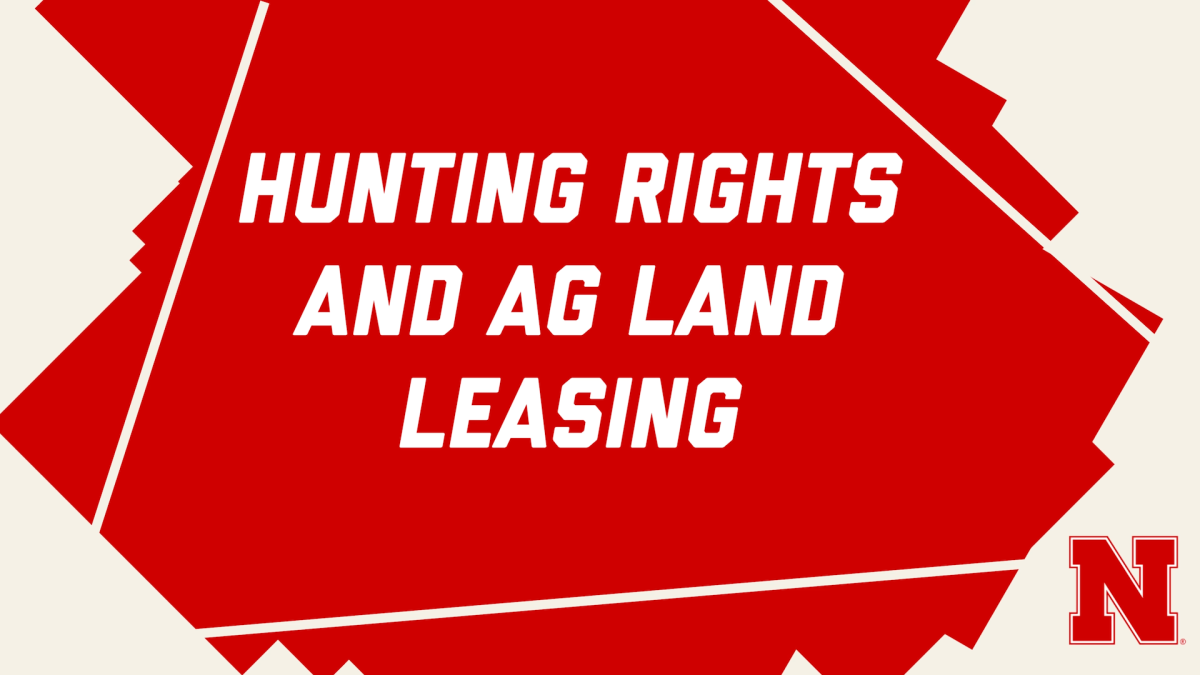Allan Vyhnalek, Nebraska Extension Educator Emeritus, discusses the complexities of managing farm ground, focusing on hunting rights and how they relate to agricultural leasing.
Hunting Rights and Leasing
Hunting rights can differ depending on the type of lease — crop share or cash rent — as well as between crop ground and pastures. Vyhnalek stresses the importance of having a written lease agreement that clearly outlines the provisions regarding hunting rights, as opposed to relying on handshake agreements.
For crop ground, hunting rights typically belong to the tenant in a cash rent lease unless the landlord specifically holds them out of the lease. In crop share leases, however, hunting rights belong to the landlord.
For pastures, hunting rights generally remain with the landlord, as pasture leases often end before hunting season starts. Exceptions may occur in cases of year-long or 12-month pasture leases, which require negotiation between the landlord and tenant.
Subleasing and Liability
Vyhnalek addresses potential complications arising from subleasing hunting rights and charging fees for hunting access. He emphasizes the importance of discussing subleasing possibilities before the lease begins, and that landlords can choose to withhold hunting rights if they have concerns.
The Nebraska Recreational Use Act provides liability protection for landowners who allow free hunting access on their land. However, if a landowner charges for access, their liability may increase, necessitating proper insurance coverage. Allan advises consulting with legal and insurance professionals to ensure the right coverage is in place.
More about hunting and leases is available in this webinar recording from November 2022.
For more land and leasing resources, visit cap.unl.edu/land.
Other land and leasing videos in this series
Pasture management and leasing strategies
Understanding crop residue management and leasing considerations
